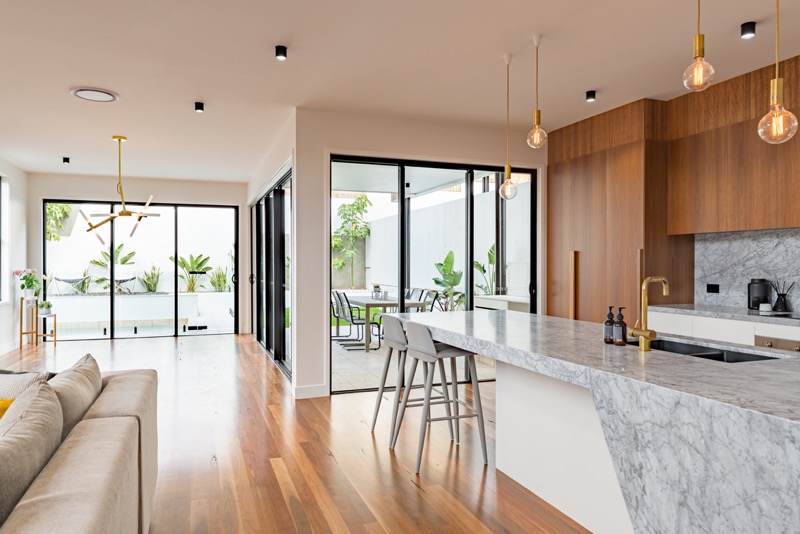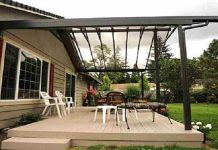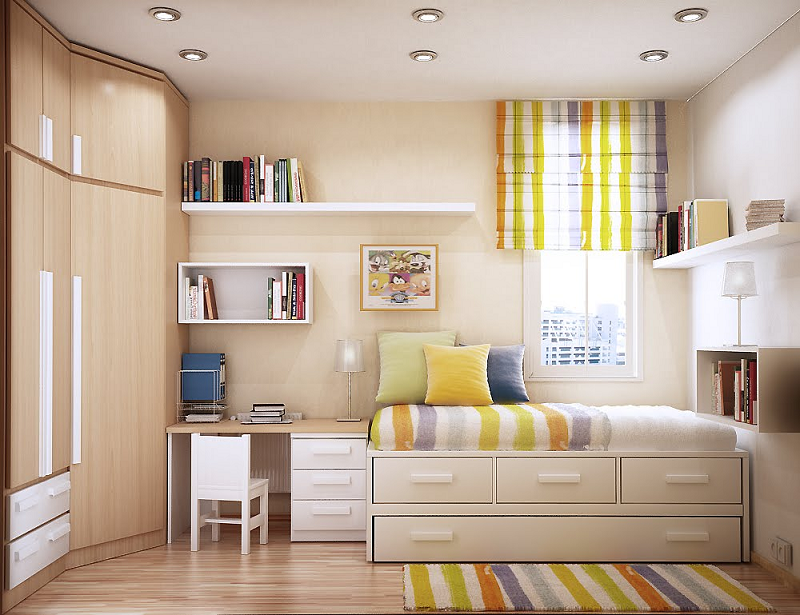When you hear the term glazing, you may be wondering what it means exactly, and put simply, it’s an industry term for glass. Your home needs quality glass that is suited to its application for many reasons. Here is a little guide on some of the better types of glass and ones we recommend for new homes.
Why is choosing the right glazing so important?
Here are some of the many reasons why the right glazing is so important:
Thermal comfort
The quality of the glass you have and type can have a huge impact on the thermal comfort of your home. Thermal comfort refers to how comfortable the room is temperature-wise and quality glass can provide your home with invisible insulation. This means it keeps your home warmer in the winter by retaining warmth in the home, and preventing it from escaping through the glass and in summer, it’ll keep your home cooler by minimising the amount of heat that passes from outside through the glass to inside.
UV and glare reduction
High-performance glass can prevent UV rays and glare from transmitting through the pane of glass. Prolonged exposure to these can lead to fading of your furniture and belongings.
Acoustic comfort
Good quality glass can drastically reduce the amount of sound that makes its way into your home from outside. No one wants to be hearing cars or loud neighbours when they are trying to relax or unwind for the day.
Security and safety
More superior types of glass offer greater security and safety, and this is primarily because it is much stronger and harder to break. Low-quality glass typically breaks with little trouble, making it an easy entry point for intruders, and it can be prone to damage in extreme weather events.
High-performance glazing options for your home
Here are some great glazing options to choose from:
Low Emissivity Glass (Low-E Glass)
Low emissivity glass has a microscopic coating on it that is clear and reflects heat rather than allowing it to pass through the pane. There is a couple of different type of Low-E glass you can choose from. Here is a breakdown of the two to explain the difference;
High transmission Low-E glass
The coating that is on high transmission Low-E glass allows natural light to pass through the pane without letting heat escape back out through the pane.
-
Low transmission Low-E glass
Promotes optimal light transmission while reducing the amount of solar heat gain.
Tempered glass
Tempered glass is a type of safety glass that is much stronger than regular glass or annealed glass. When manufactured, it is treated with heat or chemicals to toughen the strength considerably.
To give you an idea of how much stronger it is than regular glazing, it’s around 4 times, and if it breaks, rather than breaking into large dangerous shards, it shatters into small blunt pieces that are much less likely to cause serious hard to anyone nearby.
Heat-strengthened glass
Heat-strengthened glass is strengthened via heat during the manufacturing process, much like tempered glass. This type of glass is approximately 2 times stronger than annealed glass, and it resists edge damage and heat well.
Laminated glass
Laminated glass is made by bonding two panes of glazing together using PVB (Polyvinyl Butyral) which acts as an interlayer. This interlayer makes the glass safer and can reduce injury as the broken glass remains in one piece. If damaged or broken, the fragments stick to the interlayer. This added durability make them more resilient in strong winds and can deter intruders. Laminated glass also offers superior UV protection and prevents 99% of UV rays from penetrating through the glass. So get in contact with your local laminated glass installer today to find out how this option is best suited for you!
Double Glazed
Double-glazed glass consists of two sheets of glass that are separated by a layer of argon gas that is sealed. This layer of gas along with an extra pane of glass offers superior performance in terms of acoustic comfort, energy consumption, and safety. For additional insulating and energy benefits, you can upgrade to triple-pane glass which is essentially the same as double glazed however, there is an additional layer of glass and an extra layer of argon gas.
Using high-grade glazing from the get-go is key
The last thing you want is to have a brand new home that isn’t performing as well as it should be because you opted for economical or regular glass. Choosing the right glass is a decision that should be considered carefully. You should factor in the room that the glass will be applied and what you’ll need in terms of insulation, noise reduction and safety. An example of this would be having one side of the house near a busy road, and the other side isn’t. The side of the house near the road would need higher noise-reducing glass than the other side of the home. While better quality glass may cost more upfront, it can save you big bucks in the long run and make your home more functional and comfortable. These things are worth serious consideration when selecting the perfect glass for your home.
We hope this post has given you an idea of why choosing the right glass for your new home is so important.
If you are looking for glass for your new home or you have any questions on this topic, contact the professionals here at True Blue Glass.









